Abuse inquiry: MPs, councils and Churches to be investigated
- Published
Justice Lowell Goddard: "We will conduct an investigation into allegations against... certain people of public prominence associated with Westminster"
The Anglican and Catholic churches and both former and current MPs are to be investigated by the inquiry into child sexual abuse, its chair has said.
Justice Lowell Goddard said councils in Lambeth, Nottinghamshire and Rochdale councils will also be examined as part of 12 separate investigations, external in England and Wales.
The scale of the inquiry was "unprecedented" in the UK, but she was determined it would succeed, she added.
The inquiry is due to take five years.
The 12 investigations will look at:
Children in the care of Lambeth Council
Children in the care of Nottinghamshire councils
Cambridge House, Knowl View and Rochdale Council
Child sexual abuse in the Anglican Church
Child sexual abuse in the Roman Catholic Church
The sexual abuse of children in custodial institutions
Child sexual abuse in residential schools
The internet and child sexual abuse
Child exploitation by organised networks
The protection of children outside the United Kingdom
Accountability and reparations for victims and survivors
Allegations of child sexual abuse linked to Westminster
Anyone wishing to contact the inquiry with relevant information can use a dedicated NSPCC helpline on 0800 917 1000.
Justice Goddard said she was confident the range of investigations into "people of public prominence" would "give a voice to victims and survivors".
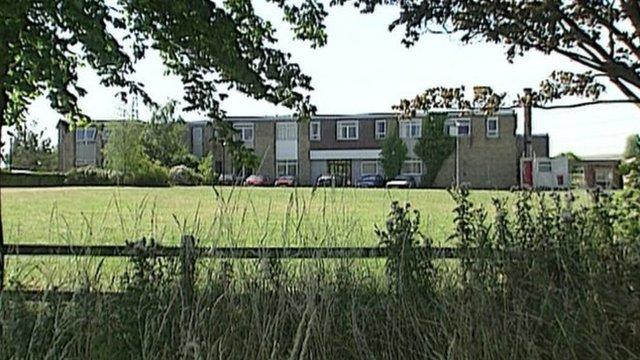
Knowl View school, Manchester, where allegations of abuse span 26 years, is among institutions to be investigated
"To run 12 investigations in parallel represents an organisational challenge that is unprecedented in a public inquiry in the United Kingdom," she added.
"We are determined to succeed."
Lambeth council's leader, Lib Peck, said it had previously investigated crimes committed at its children's homes prior to their closure in 1983, which led to a number of criminal convictions.
But she added that in light of "new national concerns" about how child abuse issues were investigated, "it is right that the very serious events of the past are being looked at again".
'Culture of tolerance'
Steve Rumbelow, chief executive of Rochdale Borough Council, said it would give its "full support" to the inquiry.
Other institutions to be investigated as part of the inquiry include Medomsley Youth Detention Centre in County Durham, and Cambridge House boys' home and Knowl View in Rochdale - including claims relating to the late Cyril Smith, a Liberal MP.
An investigation will be held into allegations of child sexual abuse involving "people of public prominence" associated with Westminster - including MPs, senior civil servants, and members of the security services. Allegations of cover-up and conspiracy will also be looked at.
And there will also be an investigation into whether there was, within the highest levels of government, a "culture of tolerance" towards those suspected of child sexual abuse.
Liz Dux, a child abuse lawyer whose firm represents many of the victims to whom the abuse inquiry now applies, told BBC Radio 5 live they wanted to see "positive reforms come out of this inquiry to ensure that no other person suffers the way that they have done".
Among religious orders and institutions to be investigated are English Benedictine congregations, and the Anglican Diocese of Chichester in West Sussex, which have both been the subjects of child sexual abuse allegations.
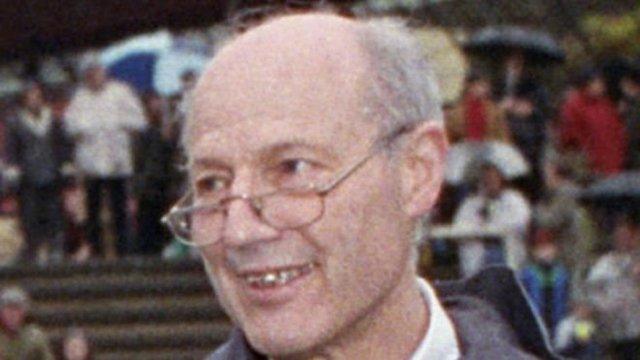
The inquiry will look at how the Church of England dealt with abuse allegations, including against former bishop Peter Ball
They will be used as case studies to establish whether they are representative of wider child protection failings within their respective churches.
In relation to the Church of England, the case of Peter Ball, a former bishop who was jailed after admitting abusing 18 young men, will be investigated to see whether there were attempts by prominent people to interfere in the criminal justice process.
The Church of England said on Friday that it welcomed Lord Justice Goddard's statement, and referred to the Archbishop of Canterbury's request in July that the Church be one of the first institutions to be considered in the inquiry.

Analysis by BBC home affairs correspondent Tom Symonds
Justice Lowell Goddard, who is leading the inquiry, has described the task ahead of her as daunting. She wasn't overestimating the challenge.
Her terms of reference mean she will have to examine the causes and effects of child abuse in all state or non-state institutions, as far back in history as required.
That could take 10 years. No-one really believes the official estimate, that it could take five.
Over the last four months, her team has been working on the tricky job of setting up a structure capable of achieving this task.
The inquiry still has its critics - but the once-vociferous campaign by victims and survivors who say they don't trust it to get to the truth is less visible than it was earlier in the year.

British institutions abroad, including the armed forces, Foreign Office and British Council will form another investigation strand.
Other investigations will look at how well abuse victims were treated by the authorities after making allegations, and institutional responses to internet abuse.
'Ambitious but possible'
All 12 investigations will begin with immediate effect and most, if not all, will culminate in public hearings, Justice Goddard said.
The independent inquiry was launched by Home Secretary Theresa May to look at how institutions and organisations, including the BBC, police, armed forces, schools and children's homes, handled abuse claims.
The scale of the work the inquiry has set itself is staggering, BBC home affairs correspondent Danny Shaw said.

Official purpose of the inquiry:
To consider the extent to which state and non-state institutions have failed in their duty of care to protect children from sexual abuse and exploitation
To consider the extent to which those failings have since been addressed
To identify further action needed to address any failings identified
To consider the steps which it is necessary for state and non-state institutions to take in order to protect children from such abuse in future
To publish a report with recommendations

It will be the UK's largest-ever public inquiry and is expected to cost tens of millions of pounds.
The time-frame of five years was ambitious, but possible, Justice Goddard said.
The Victims and Survivors Consultative Panel to the inquiry said the investigations would give "public voice" to people who had suffered in silence.
It would also "bring greater understanding of why so many horrific crimes went unreported and undetected for so long", it added.
- Published27 November 2015
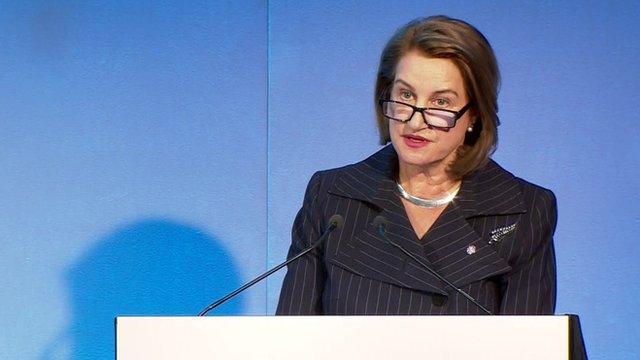
- Published11 November 2015
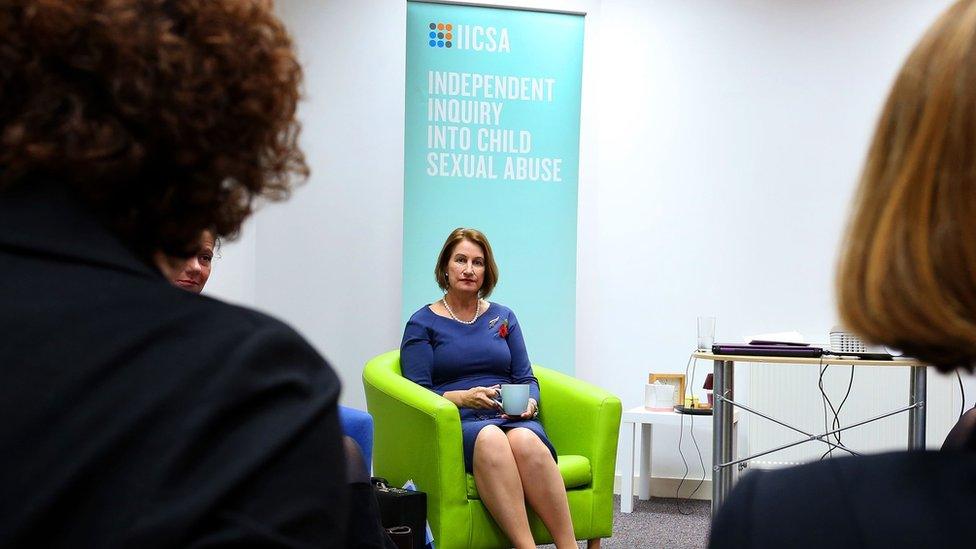
- Published15 October 2015
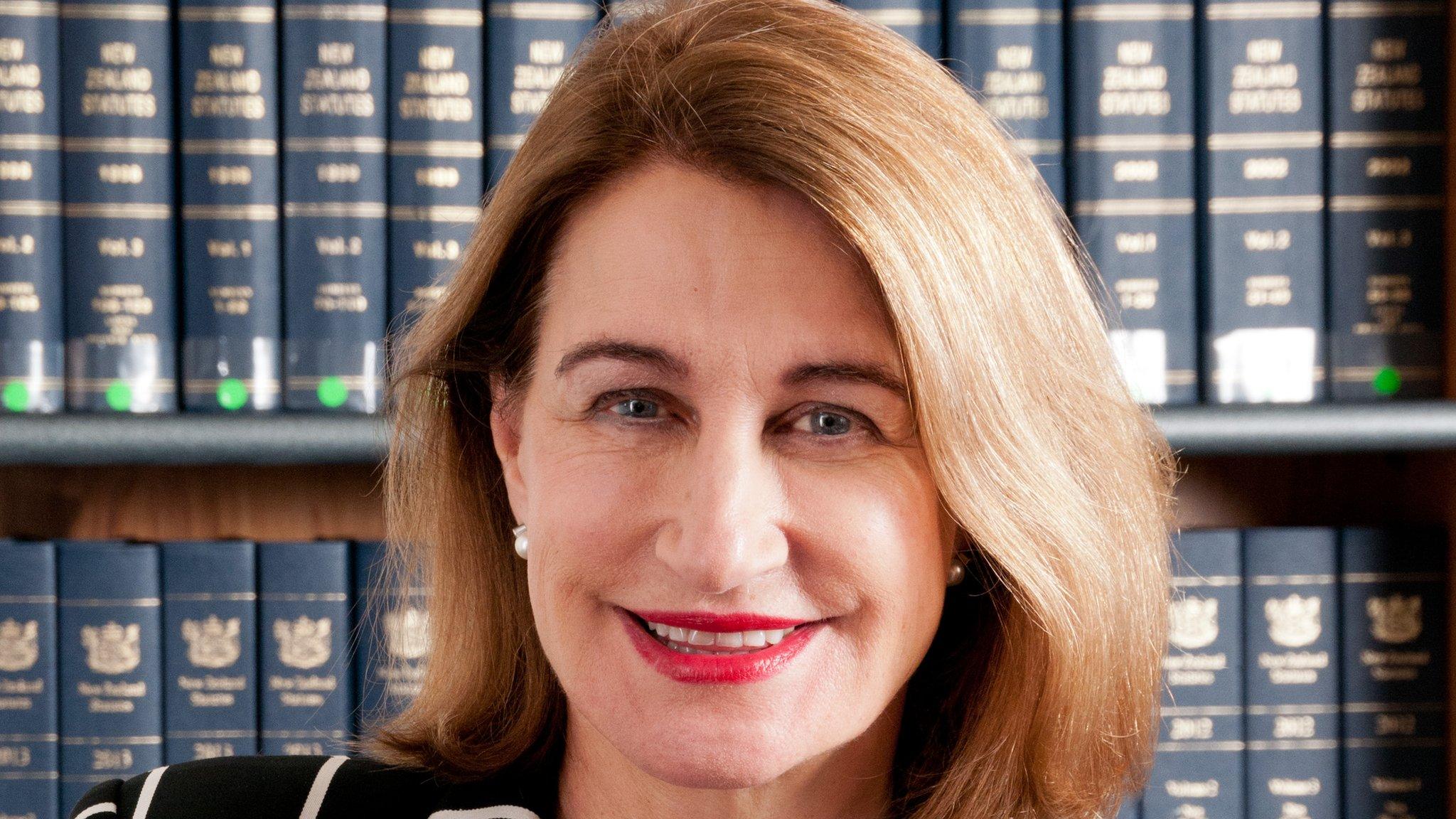
- Published13 July 2015
